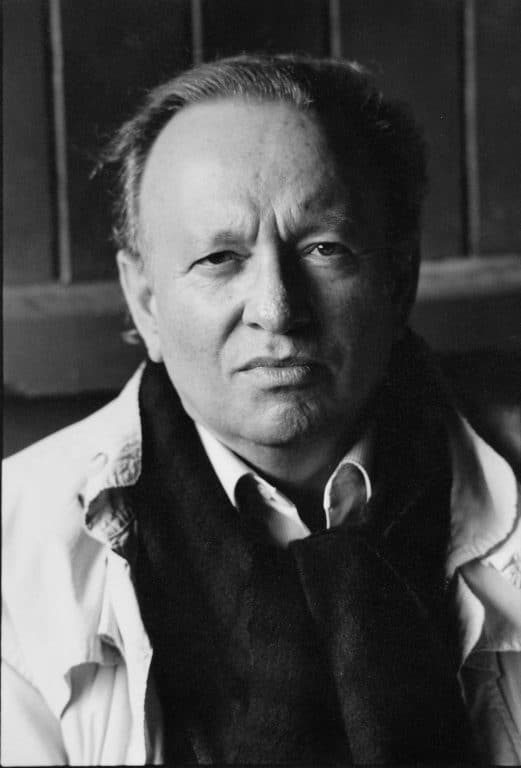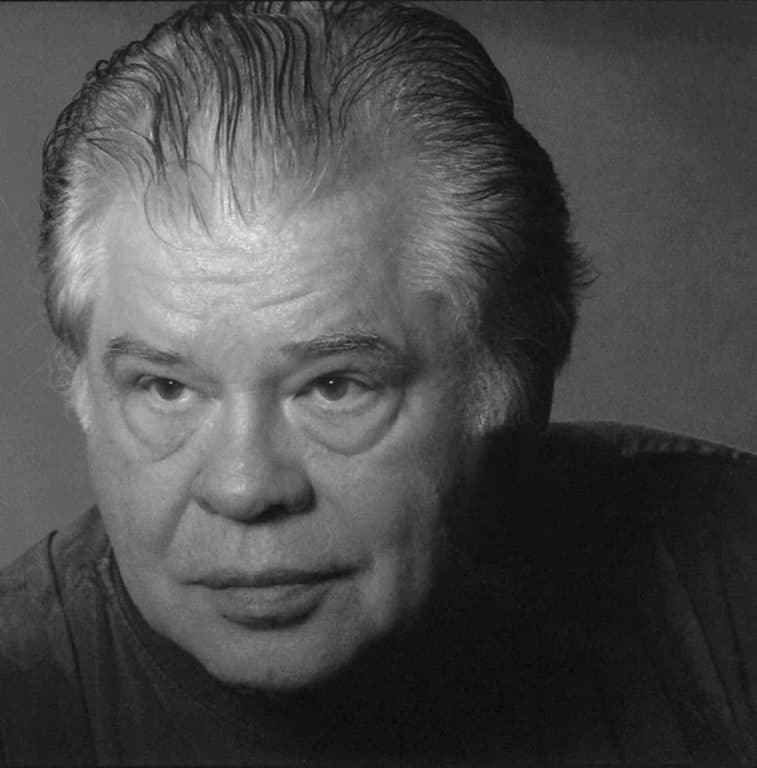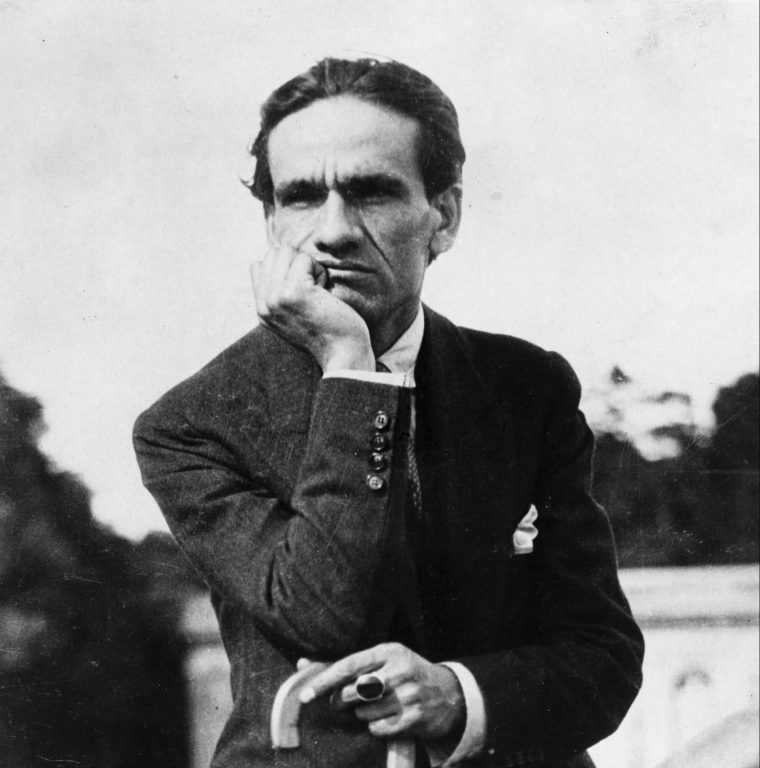This week, as we anticipate the announcement of the 2014 Griffin Poetry Prize winners, we are reprising a Poem of the Week from one of last year’s winners.
In “The Dead in the Garden”, Fady Joudah conveys a dream-like quality in a few concise, vivid lines, translating from the Arabic of Ghassan Zaqtan’s original poem.…
This week, as we anticipate the announcement of the 2014 Griffin Poetry Prize winners, we are reprising a Poem of the Week from one of last year’s winners.
In “The Dead in the Garden”, Fady Joudah conveys a dream-like quality in a few concise, vivid lines, translating from the Arabic of Ghassan Zaqtan’s original poem. While brief, the poem brims with the rich, mixed emotions and confusion that attend a nightmare, but some juxtapositions also suggest emerging to something redemptive or even consoling at the other end of a harrowing episode.
“Don’t open the window
don’t wake up
I beg you don’t wake up …”
opens the poem on notes of desperation and dread. But if it’s a nightmare, why wouldn’t you want to wake from it? Are the dead in the garden spirits that we’ve longed to have return, and waking up would mean we’re losing touch with them?
Why are they both dancing – which would seem celebratory – and screaming? What does “the garden’s motive” mean, exactly? Does it refer to growth, or something more entangled and sinister? Again, screaming is in dramatic contrast to the idea that the dead are the garden’s meditation, which sounds peaceful and comforting.
“Beneath the light” heralds the dawn and awakening from whatever the dead’s nocturnal activities might mean. As “their dust was coming apart”, there is both the macabre image of the dead disintegrating, but also the sense of menace, fear and distress dissolving. The closing of
“it had rained at night
all night.”
could both explain what prompted the feverish dream in the first place, but also suggests a cleansing and a renewal that both the garden and the dreamer will welcome.




